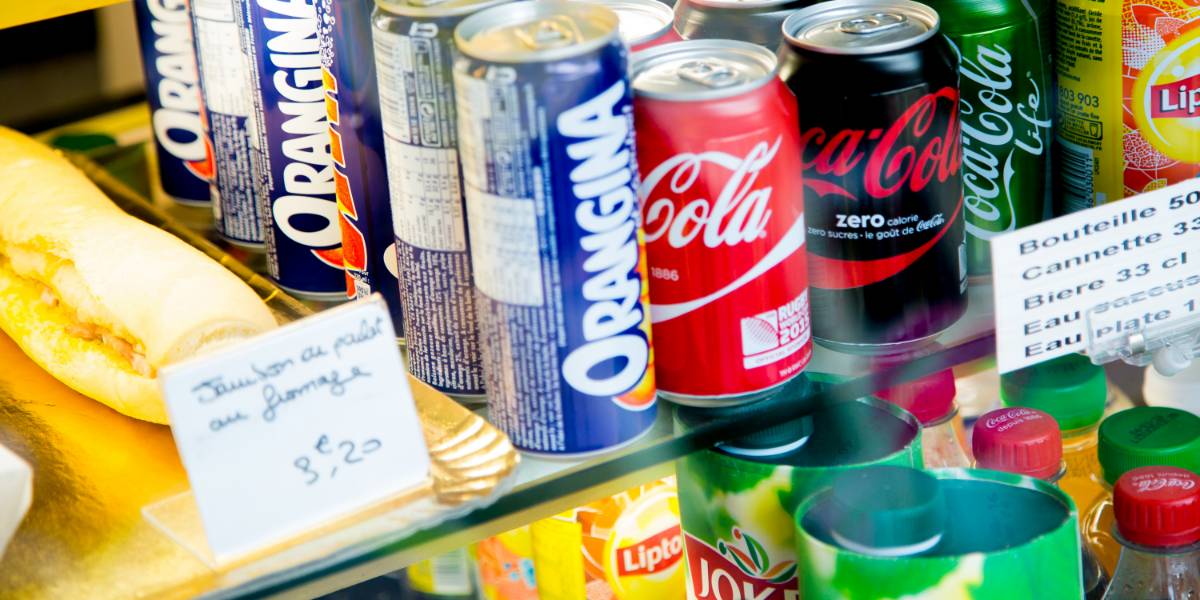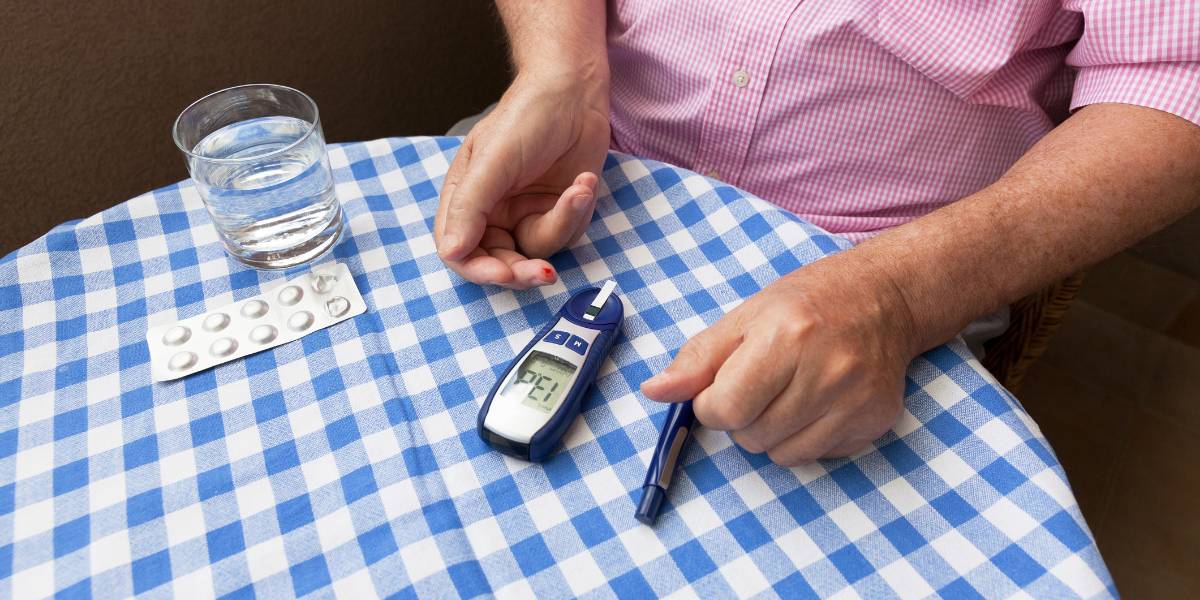- Aspartame set to be labelled as a “possible carcinogen” later this month
- An arm of the World Health Organization, The International Agency for Research on Cancer has determined the label
- Consumers are concerned about how to interpret the potential risk
A sweetener that is used in thousands of food and drink items is set to be classified as “possibly carcinogenic” by an international research body, according to reports.
Aspartame, which is used in diet and sugar free drinks including Diet Coke, Coke Zero, Pepsi Max, and 7 Up Free, has been in use for decades but debate about the sweetener is making headlines again following news about an upcoming announcement by the International Agency for Research on Cancer (IARC), an arm of the World Health Organization on July 14.
It is set to be officially classified as “possibly carcinogenic” after the IARC reviewed around 1,300 studies on aspartame and cancer.
The IARC, which is the cancer research arm of the World Health Organization, uses four possible classifications:
- Group 1 – Carcinogenic to humans
- Group 2A – Probably carcinogenic to humans
- Group 2B – Possibly carcinogenic to humans
- Group 3 – Not classifiable
However, the ‘possibly carcinogenic’ class can be problematic as it does not report on how great the risk is. The classification is based on strength of evidence, rather than how much of a risk the substance poses to health, with the ‘possibly’ class used when the evidence is limited.
- Call for ultra-processed food packaging to feature warnings similar to cigarettes
- Toxic forever chemicals found in food, clothes and home as manufacturers “hid dangers” for 30 years
Kevin McConway, professor of statistics at the Open University, said: “The IARC categorisation won’t tell us anything about the actual level of risk from aspartame, because that’s not what IARC categorisations mean.”
Aloe vera, diesel and pickled Asian vegetables are examples of other substances classed as ‘possibly carcinogenic’, with Professor McConway adding: “I emphasise though that the evidence that these things could cause cancer is not very strong or they would have been put in group 1 or 2A.”
There has been past criticism of the IARC classification system. Processed red meat was compared to smoking when it was classed as carcinogenic in recent years, yet statistics showed that if 100 people were given an extra 50g of bacon every day for the rest of their lives, it would result in one case of bowel cancer.
Following the news about the forthcoming aspartame announcement, concerns have been raised that it could encourage consumers to opt for more sugary drinks.
Kate Loatman, executive director of the International Council of Beverages Associations said the “leaked opinion” could “needlessly mislead consumers into consuming more sugar, rather than choosing safe no-and low-sugar options”.
The position on aspartame since 1981 is that the safe daily limit is 40 milligrams per kilogram of your body. For someone who is nine and a half stone in weight, this equates to between 12 and 36 cans of diet drinks day, depending on the ingredients.
What is aspartame?
Discovered in 1965 by US chemist James Schlatter, aspartame is roughly 200 times sweeter than regular sugar. It was first approved for use in the UK 1982.
What diet drinks contain aspartame?
- Diet Coke
- Coke Zero
- Pepsi Max
- Fanta Zero
- Dr Pepper Zero
- 7Up Zero Sugar
- IRN-BRU Xtra Sugar Free
- Red Bull Sugar Free
What diet drinks don’t contain aspartame?
The following drinks contain Sucralose, Acesulfame K or Steviol Glycosides rather than aspartame:
- Tango Sugar Free – Sucralose, Acesulfame K
- Monster Energy Sugar Free – Sucralose, Acesulfame K
- Karma Drinks Sugar Free Karma Cola – Steviol Glycosides
- Fentimans Traditional Curiosity Cola – Steviol Glycosides
- Supermarket own-brands including Morrisons, Sainsbury’s, Asda and Tesco diet colas
The deputy chief scientific adviser to the UK’s Food Standards Agency, Rick Mumford, said they would “closely study” the reports, but stated that: “Our view is that the safety of this sweetener has been evaluated by various scientific committees and it is considered safe at current permitted use levels.”
- Popular sweetener sucralose contains genotoxic chemical which breaks up DNA
- Which artificial sweetener is right for me?
Previous studies into the safety of aspartame received mixed reactions. One study around 20 years ago which linked it to cancer in mouse and rat experiments was criticised. Subsequent studies involving animals did not back up the findings.
A large-scale study of 105,000 people last year found a link between higher consumption of sweeteners, including aspartame, and greater cancer risk, but when comparing the two groups – those who consume a lot of sweeteners and those who don’t – there were numerous differences in their health and lifestyles.
The International Sweeteners Association’s Frances Hunt-Wood commented: “Aspartame is one of the most thoroughly researched ingredients in history, with over 90 food safety agencies across the globe declaring it is safe.”





